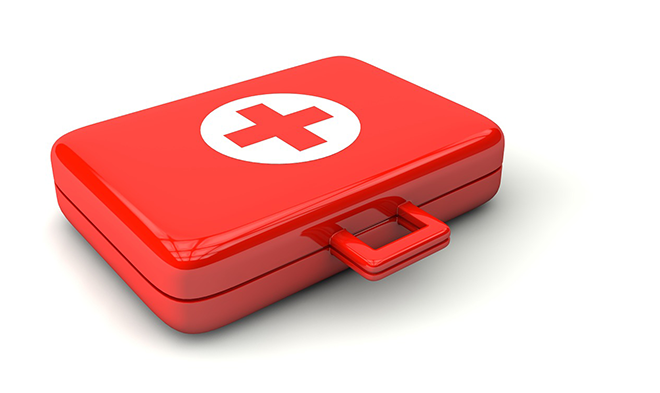Using Your Emergency Fund To Pay Down Debt?
If you've been an avid reader of the Dime Turner blog, you'll have read many times about the importance of saving an emergency fund. It's one of the biggest steps towards financial stability. But when should you use your emergency fund? What constitutes an emergency? Does overwhelming debt count?
The answers to these questions, like with most questions about money, depend entirely on your situation.
What counts as an emergency?
Generally speaking, an emergency is anything that threatens your ability to make ends meet month to month. For instance, losing your job would constitute an emergency, since without a steady paycheck you will have difficulty paying bills. Injuries and disabilities can affect you in the same way. Unexpected expenses like car repairs, crucial home repairs, and medical emergencies can also have a significant impact on your month-to-month expenses.
What about debt?
Debt can certainly get in the way of meeting your financial obligations, so does it count as an emergency? The answer is, possibly. The idea of an emergency fund is so that you're prepared if the truly unexpected happens, not if you continue falling deeper and deeper into more debt. Sometimes debt can become so bad that you might classify it as an emergency. Even then, it might be worth considering a consumer proposal instead of using your emergency fund.
It is considered the best practice to save your emergency fund first before you start paying down your debts beyond their minimum payments. The thinking here is that it could take years to pay down your debt, while an emergency threatening your financial stability could happen tomorrow.
Why it's better to save
Problems arise when we misinterpret the meaning of emergency. Often, consumers convince themselves that things like a new car, renovations or travel can count as emergencies. They don't. Trust us, when the day comes where you truly need that fund, you’ll thank yourself for not spending it on those kitchen renovations.
Save your emergency fund first and tuck it away where you will only touch it should a true emergency occur. Once you’ve done that, it’s time to come up with a different battle plan to attack your debt.
Do you have an emergency fund? Let us know in the comments!






Leave a Reply